Top 10 Best Critical Care Medicine Hospitals in Bangalore

Top 10 Best Critical Care Medicine Hospitals in Bangalore
Intensive Care Medicine
The Practice
Critical care medicine includes diagnosing and treating a wide range of clinical issues that reflect the apex of human disease. Patients who are critically ill require extensive treatment from a coordinated team. The intensivist often called a critical care specialist, may serve as a consultant or the primary caregiver. Along with being knowledgeable about various ailments frequently seen in critically sick patients, an intensivist must also be proficient in the technological processes and tools employed in intensive care facilities. Intensivists must be skilled in end-of-life decisions, advance directives, assessing prognosis, and counselling patients and their families. The care of critically sick patients also presents numerous complex ethical and societal issues.
Most critical care medicine specialists practise in hospital settings, frequently in intensive care units. Since pulmonologists typically supervise the care of patients in intensive care units, essential care medicine training in internal medicine is usually combined with a pulmonary medicine fellowship. However, other internal medicine doctors, such as cardiologists and general internists who practise hospital medicine, might look into critical care medicine training to make their work with seriously ill patients easier.
Training
A three-year fellowship is necessary to qualify for subspecialty certification in both pulmonary and critical care medicine when paired with specialist study in pulmonary medicine (pulmonary and critical care medicine).
Various paths to critical care medicine training are open to other internal medicine doctors:
- Following the internal medicine residency, a two-year approved critical care medical fellowship
- Two years of advanced general internal medicine fellowship training (which must include at least six months of critical care medicine) and one year of certified essential care medicine fellowship training
- Two years of certified internal medicine subspecialty fellowship training (three years for gastrointestinal or cardiovascular illness) + one year of critical care medicine clinical fellowship training
- The American Board of Internal Medicine, the American Board of Surgery, the American Board of Pediatrics, and the American Board of Anesthesiology jointly oversee certification in critical care medicine.
How does a critical care unit operate?
Healthcare professionals employ a wide range of equipment in a critical care unit, including:
- Flexible tubes known as catheters inject or remove fluid from the body.
- Dialysis equipment (sometimes known as “artificial kidneys”) for kidney failure patients
- feeding tubes that provide you with nutrition assistance
- IV tubes to administer medications and fluids
- machines that monitor your vital indicators and check them
- You can breathe in more oxygen thanks to oxygen therapy.
- Breathing tubes are called tracheostomy tubes. The tube is inserted into the windpipe through a hole created during surgery that runs through the front of the neck.
- Breathing apparatuses are ventilators that transfer air into and out of your lungs.
- For those who are experiencing respiratory failure.
Critical care unit types
The intensive care unit (ICU) or critical care unit at a hospital is often where intensive care is offered (CCU). Additionally, several hospitals offer separate intensive care units for specific medical specialities. [9] The sorts of units are determined by each hospital’s needs and available resources, and the naming is not rigidly defined. These consist of:
- Cardiovascular critical care unit (CCU or occasionally CICU)
- healthcare intense unit (MICU)
- operating room urgent care unit (SICU)
- infant and child critical care unit (PICU)
- neurological intensive care unit (NCCU)
- intensive-recovery overnight (OIR)
- trauma/shock critical care unit (STICU)
- critical care unit for newborns (NICU)
- ICU within the emergency room (E-ICU)
Medical research suggests a link between the number of patients in the intensive care unit and the standard of treatment. Higher ICU capacity was substantially associated with reduced ICU and hospital death rates after adjusting for illness severity, demographic factors, and ICU characteristics (such as the presence of intensivist staff). In hospitals with 87 to 150 mechanically ventilated patients annually, for instance, and 401 to 617 mechanically ventilated patients, adjusted ICU mortality (for a patient at average projected risk for ICU death) was 21.2 per cent 14.5 per cent, respectively. Results in hospitals with a middle patient load fell between these two extremes.
Historically and incorrectly known as ICU psychosis, ICU delirium is a phenomenon that affects patients in intensive care and cardiac units who are in new, monotonous environments and manifests delirium symptoms (Maxmen & Ward, 1995). This may involve hearing mechanical noises as human voices, observing walls tremble, or having a shoulder-tapping hallucination. There are systematic reviews that show how therapies for sleep promotion-related outcomes in the ICU have a positive effect on the patients’ general health.
Where Treat Patients Under Critical Care Medicine Specialists?

Most critical care medicine specialists practise in hospital settings, typically in intensive care units (ICUs).
- Since pulmonologists typically supervise the care of patients in intensive care units, critical care medicine training in internal medicine is usually combined with a pulmonary medicine fellowship.
- However, other internal medicine doctors, including cardiologists, general internists who practise hospital medicine, and medical professionals with emergency medicine, may pursue training in critical care medicine to help them deal with very unwell patients.
Critical care medicine doctors frequently work in a hospital‘s intensive care unit. They might also operate in acute care subspecialties like:
- Neonatal ICU care for preterm or seriously sick infants (NICU)
- Treatment of children who are seriously ill and injured in the paediatric ICU (PICU)
- Adult heart disease care is provided in the coronary care unit (CCU)
- In the surgical ICU, perioperative care, trauma care, and treatment of multiple organ dysfunction are provided (SICU)
- Inpatient care for neurological and neurosurgical patients (neuro ICU)
Top 10 Best Critical care Hospitals in Bangalore
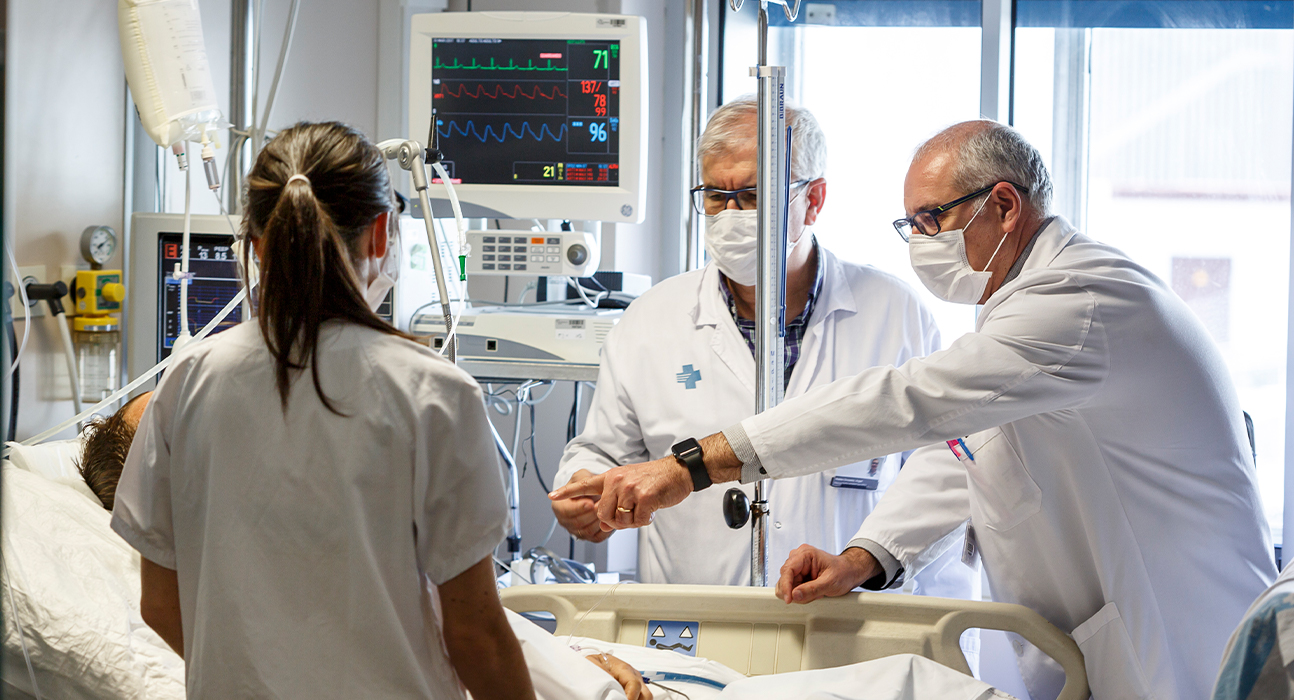
A hospital is a facility for medical care that offers patient care using professional medical and nursing staff and medical supplies. The most prevalent type of hospital is a general hospital, which frequently features a crisis department to handle severe medical conditions such as sudden illnesses and fire and accident victims. A regional hospital typically serves as the district’s primary provider of medical services, offering plenty of beds for patients who require advanced care and additional beds for those who need long-term care.
Emergency rooms, rehabilitation centres, children’s hospitals, geriatric hospitals, and hospitals for treating specific clinical needs like psychiatric care (see mental hospital) and various ailment classes are exceptional. Speciality hospitals can aid in lowering medical care expenditures compared to regular hospitals.
1. Manipal Healthcare
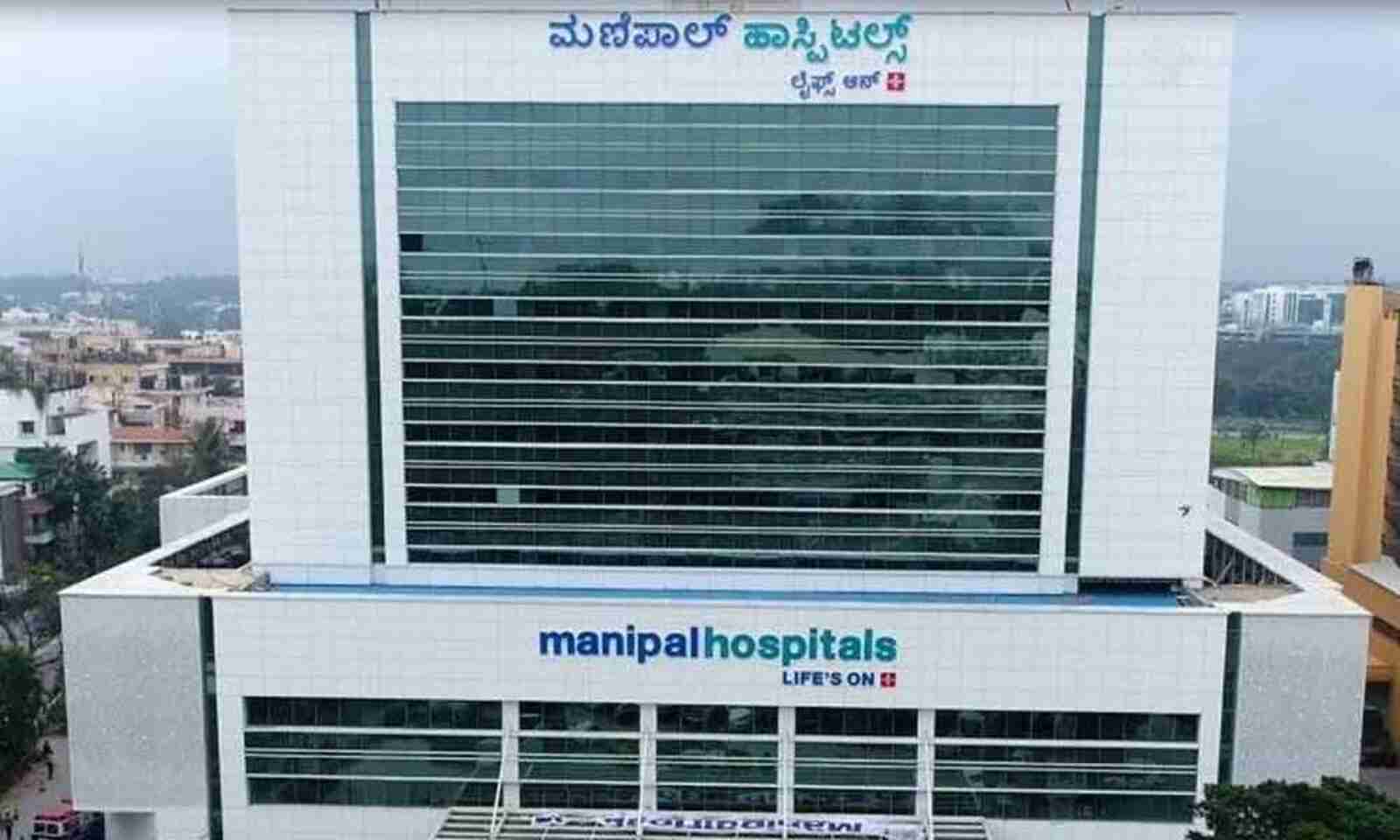
Manipal Hospital Bangalore is among the Top 10 Best Multispecialty Clinics in India and has received NABH certification. With a network of 15 emergency clinics, this 50-year-old foundation—which provides comprehensive care that is both therapeutic and preventative for a wide range of patients from India and around the world—is currently the third-largest medical services group in the nation. Manipal Hospitals is a reliable multispecialty healthcare provider that deserves tertiary consideration. They have always been at the forefront of providing clinical splendour. As a result, the emergency clinic has gained recognition globally for its expertise in treating illnesses that span multiple disciplines, as well as its unmatched professional assistance and superior quality.
- Address – Manipal Hospital, 98, HAL Airport Road, Bangalore – 560017.
- Phone no – 1800 3001 4000
- Email – [email protected]
2. Narayana Hrudayalaya

A chain of numerous Indian clinics named Narayana Hrudayalaya has its headquarters in Bengaluru. It is one of Bangalore’s most astounding private clinics. Dr Devi Shetty’s “dream for all” is Narayana Hrudayalaya, named after India’s most popular cardiovascular doctor and recipient of the Padma Bhushan award. To provide ordinary people with affordable access to expensive medical procedures and to provide them with high-quality healthcare services all in one location, he opened a clinic in Bangalore in 2001.
Additionally, after 15 years of travel, Narayana Hrudayalaya has attracted many patients from India and beyond the world.
Narayana Health provides primary and tertiary care facilities for a variety of medical specialities, including cardiology, gastroenterology, vascular, endovascular administrations, nephrology, urology, nervous system science, neurosurgery, paediatrics, obstetrics and gynaecology, psychiatry, diabetes, endocrinology, restorative care and recovery, as well as solid organ transplants for the kidney, liver, heart; The group also provides oncology services for the majority of malignancies, including those of the head, neck, bosom, cervical, lungs, ortho, urogenital, and gastrointestinal systems.
- Address – 258/A, Bommasandra Industrial Area, Anekal Taluk, Hosur Road, Bangalore.
- Phone no – 9686600393/080-71222684
- Email – [email protected]
3. M S Ramaiah Memorial Hospital
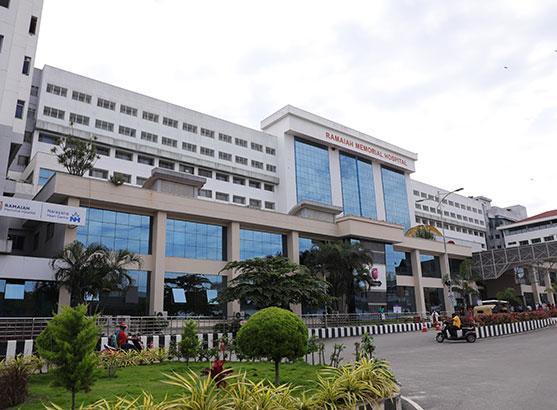
The M S Ramaiah Memorial Hospital in Bangalore has received a-list recognition for its good clinical displays and vital attributes. One-stop locations for education, preparation, and treatment are near the international airport in the northern part of the city. It is a 500-bed multi-super speciality hospital that caters to all of the patients’ unique and varied medical needs. They have an unstoppable team of experts and specialists whose capabilities are increased by various cutting-edge equipment and technologically advanced conveniences. The medical professionals and support team at this emergency clinic provide the patients with the best care possible while combining a high level of clinical expertise.
- Address – New B E L Road, M S Ramaiah Nagar, MSRIT Post, Bangalore – 560 054.
- Phone no – 2360 8888 / 2360 9999
4. Fortis Hospital

Over the past ten years, Fortis has gained tremendous recognition in India’s clinical market. The clear Fortis Memorial Research Institute’s subsidiary Fortis Hospital has six emergency clinics in Bangalore. These six urgent care facilities are furnished with modern, meticulous, and avant-garde offices. In all of its strength regions, Fortis Hospitals in Bangalore likely has the nation’s top specialists, specialists, and visiting experts. The clinic on Bannerghatta Road is the most well-known super-claim to fame tertiary consideration medical clinic among the six clinics in the Fortis Healthcare system, with more than 40 clinical strength fields. They are among the top global objections in the travel industry due to their advanced medical services innovation and years of experience.
- Address – 154/9, Bannerghatta Road, Opposite IIM-B, Bengaluru, Karnataka 560076.
- Phone no – 91 80 6621 4444
- Email – [email protected]
5. Columbia Asia Referral Hospital
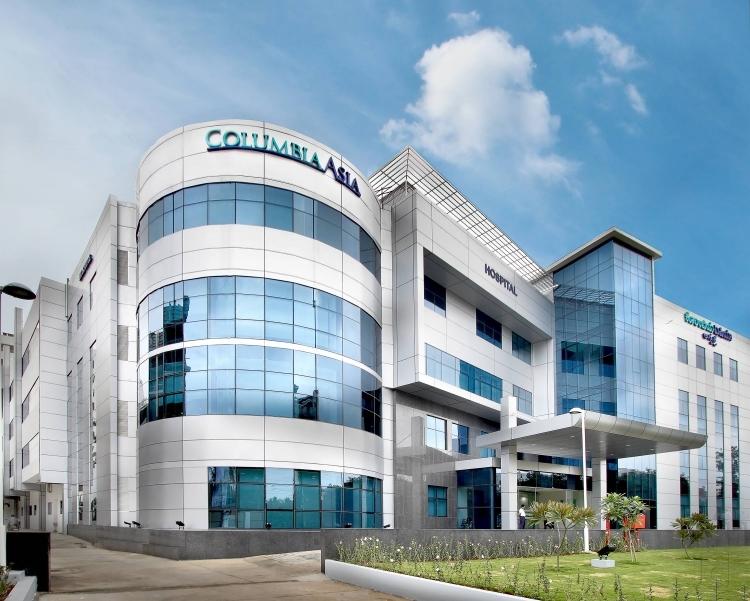
Columbia Asia Referral Hospital in Bangalore is the best option for individuals seeking comprehensive super-speciality healthcare services in one location. It is a 200-bed facility that established its standards for the healthcare system. It is a specialist facility where medical professionals treat severe illnesses and physical disorders using the most cutting-edge treatment methods. This super-speciality hospital in Yeshwanthpur is built around the highest level of clinical expertise and nursing care. To maintain complete infection control and hygienic conditions inside the hospital, the hospital adheres to international standard clinical regulations.
The multispecialty hospital’s access to cutting-edge amenities enables the doctors to provide their patients with top-notch medical care. Eight operating rooms, ambulatory services, a critical care unit, an endoscopy suite, chemotherapy suites, and level three neonatal intensive care are available at the Bangalore hospital. Patients at the Columbia Asia Referral Hospital in Yeshwanthpur gain access to cutting-edge medical tests, treatments, and individualised care.
- Address – 26/4, Brigade Gateway, Beside Metro Cash and Carry West, Malleshwaram West, Bengaluru, Karnataka 560055
- Phone no – 080 3989 8969
- Email – [email protected]
6. Apollo Hospital

The Apollo Hospitals Group’s Apollo Hospital Bangalore is a tertiary consideration lead facility. In 2007, it began to leave its mark on Bangalore, and it is steadfastly committed to providing high-quality healthcare and offices within everyone’s reach. One of the most well-known facilities in the network of medical clinics is Apollo Hospital in Bangalore, which provides excellent medical care at affordable prices. It possesses cutting-edge innovation and is the perfect combination of exceptional innovation, a workable structure, and compassionate attention.
It incorporates a remarkable team of over 100 advisers who are experts in major clinical fortes and have a solid clinical background from either considering or working in renowned organisations worldwide.
It is JCI (Joint Commission International) certified since it is dedicated to providing the most acceptable standard of patient concern. The Joint Commission is the medical services group’s highest quality level accreditation. The mission of Apollo Hospitals in Bangalore is to provide “world-class medical services under one roof.”
- Address – 665, 19th Main, 21st Cross, Near-Sri Rama Medical, Rajaji Nagar 2nd Block, Bengaluru, Karnataka 560010.
- Phone no – 080 2295 7425
- Email – [email protected]
7. St John Medical College Hospital
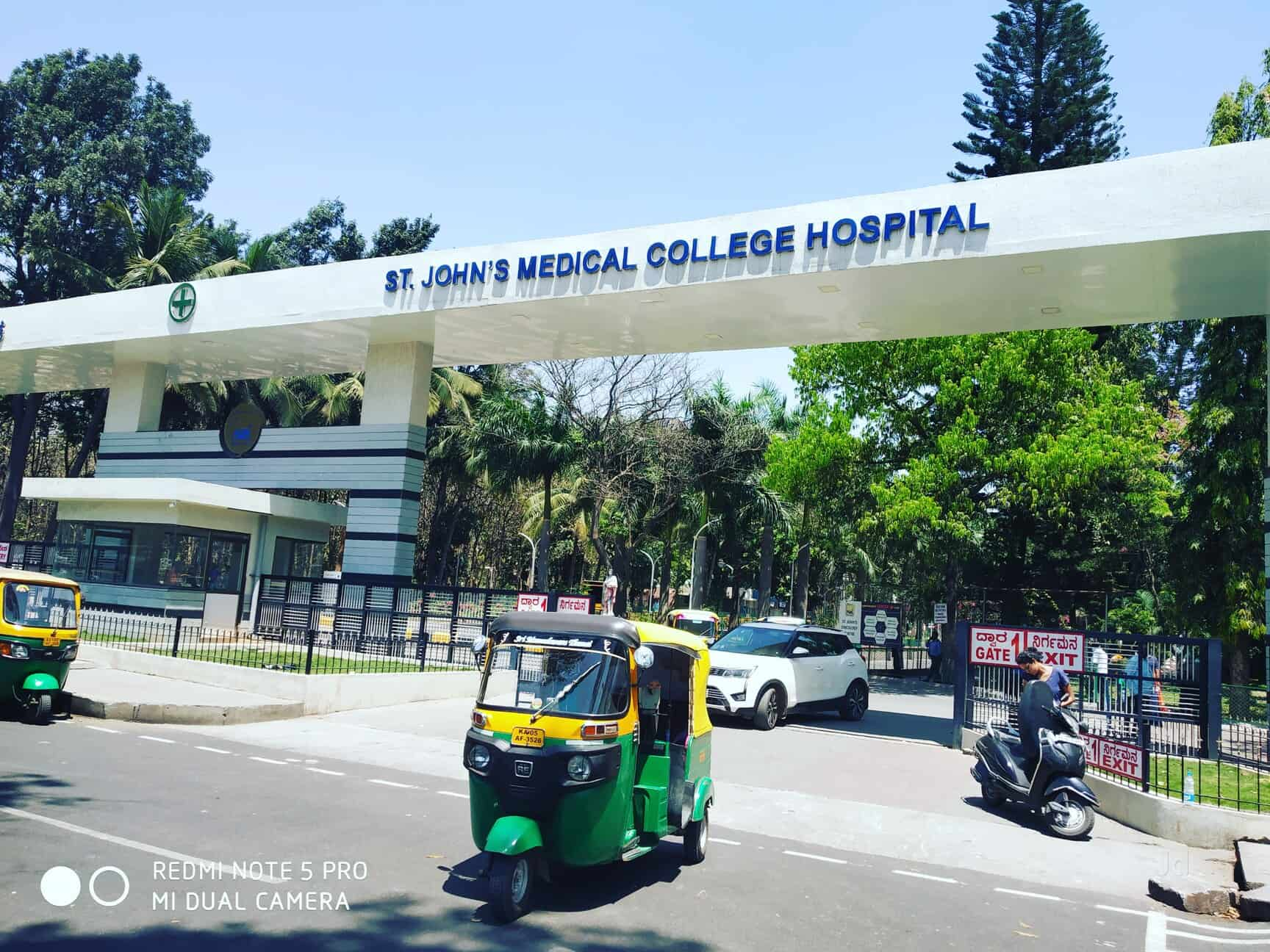
One of Bangalore’s most exceptional private hospitals is the St. John Medical College Hospital. With 1350 beds, St.Medical John’s College Hospital is a tertiary clinical benefit facility. To ensure the delivery of thorough patient care, it delivers strength and super outstanding services, including cutting edge indicating offices. The clinic is staffed by prepared professionals who use cutting-edge, best-in-class equipment and are dedicated and extraordinarily skilled members of the clinical brotherhood.
St. John’s Medical College Hospital, founded on December 8, 1975, today includes 24 unquestionable divisions to provide elite and super-elite services. All have chosen the medical clinic due to its highly regarded doctors and A-list staff.
- Address – Sarjapur Road, Bengaluru, Karnataka– 560034.
- Phone no – 080 4946 6029
- Email – [email protected]
8. BGS Gleneagles Global Hospitals

One of Bangalore’s most renowned private emergency clinics, BGS Gleneagles Global Hospitals, combines the benefits of modern innovation with the clinical understanding of the foremost authorities in each of their respective professions to provide top-notch tertiary medical care to people in India and beyond. The 500-bed BGS Gleneagles Global Hospitals in Bengaluru are a state-of-the-art, multidisciplinary, tertiary level facility with top doctors and prestigious offices.
The medical facility boasts 14 large operating rooms, the greatest radiology and imaging facilities, 120 firm ICU beds, one of the country’s largest liver ICUs, and many other features to provide the best healthcare.
BGS Global Hospitals in Bangalore is the clinic that has significantly impacted the medical care sector both in India and overseas with its blend of hospitable tech offices and clinical elegance.
- Address – 67, Uttarahalli Main Rd, Sunkalpalya, Bengaluru, Karnataka 560060.
- Phone no – 080 2625 5555
9. Mallya Hospital
The Mallya Clinic is located in Bengaluru’s commercial district. Under one roof, Mallya Hospital offers many beds, a solid foundation, and top-notch patient care with a personal touch and cutting-edge technology. The Mallya Clinic is the only multispecialty medical facility in the nation to get the coveted ISO-9002 accreditation grant, which has recently been upgraded to ISO 9001:2008. It has also received a certificate from the prestigious NABH (National Accreditation Board for Hospitals and Health Care Providers). The nursing staff and consultants are not only experts in their fields; they also provide each patient with their undivided attention to ensure the best possible outcomes.
- Address – No.2, Vittal Mallya Road, Bengaluru, Karnataka 560001
- Phone no – 080 2227 7979
- Email – [email protected]
10. Sagar Hospitals
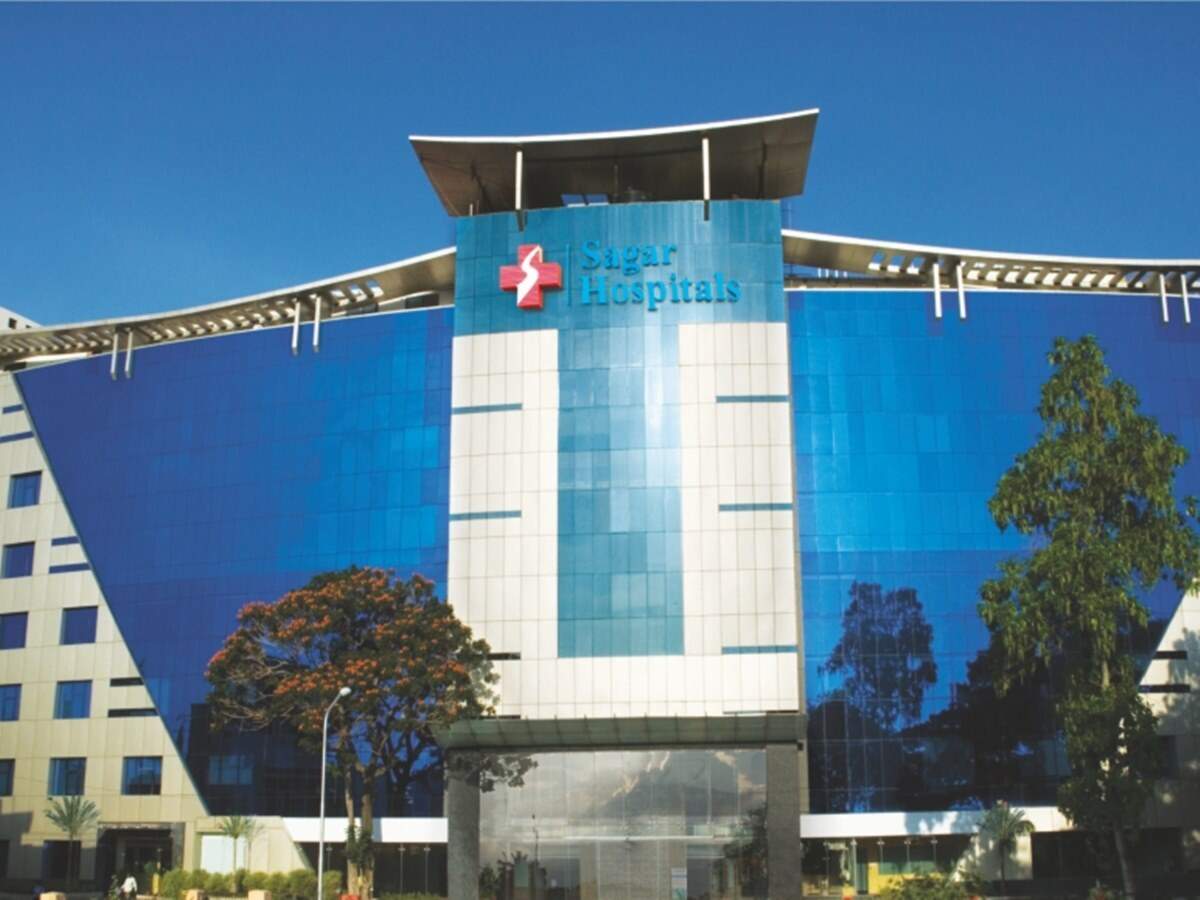
Banashankari’s Sagar Hospitals represent a turning point in medical care for local and international patients. This facility offers the most excellent medications and multi-faceted clinical care. Sagar Hospitals Banashankari (BSK) has 415 beds, four facilities, knowledgeable specialists who can contrast effectively, and friends from around the world. With world-class medical equipment, including a 128 Slice CT Scan, a “Birthing Suite,” and a Green Light Laser Surgery office, Sagar Hospitals stands out. Patients might have a different experience thanks to sophisticated workrooms in the ICU that enable video conferencing with family members who reside anywhere in the world.
The nursing wards and luxury rooms are thoughtfully designed with an emphasis on cleanliness and climate control to provide healing patients with a comfortable environment.
The Tamil Nadu government’s Kalaingar Insurance Scheme for Life Saving Treatments has approved The Sagar Hospitals, Banashankari, to increase services. Additionally, patients under other government assistance programmes, including the Vajpayee Arogya Shree, Suvarna Arogya Chaitanya, and understudy wards of BPL Card holders, are treated at the Banashankari office.
- Address – Shavige Malleshwara Hills, Dayananda Sagar Institution campus, Kumaraswamy Layout, Bengaluru, Karnataka 560078
- Phone no – 080 4299 9999
- Email – [email protected]




